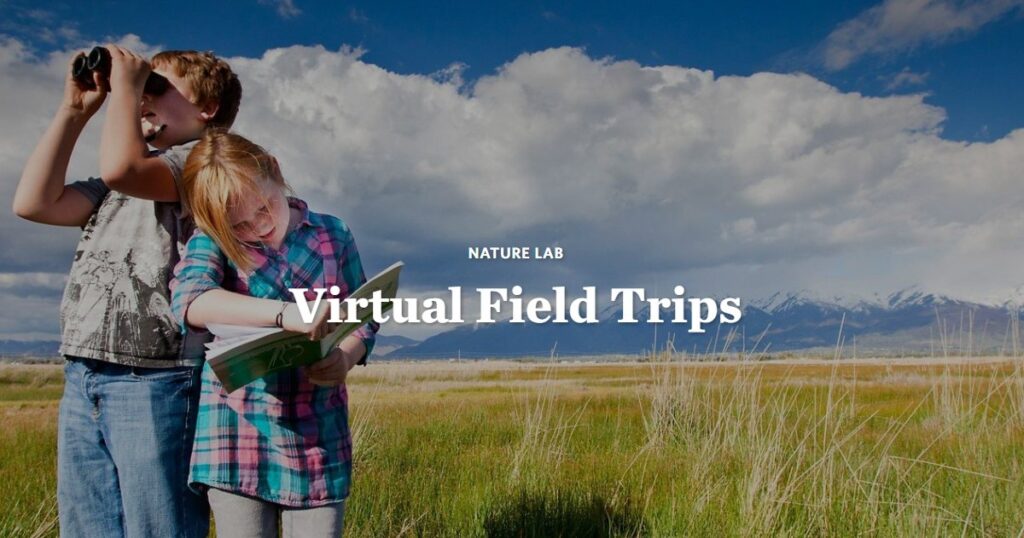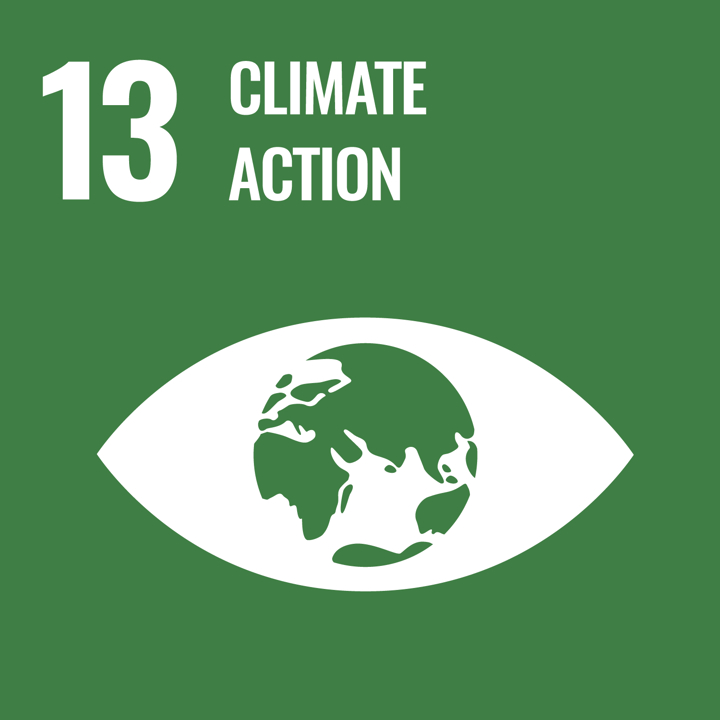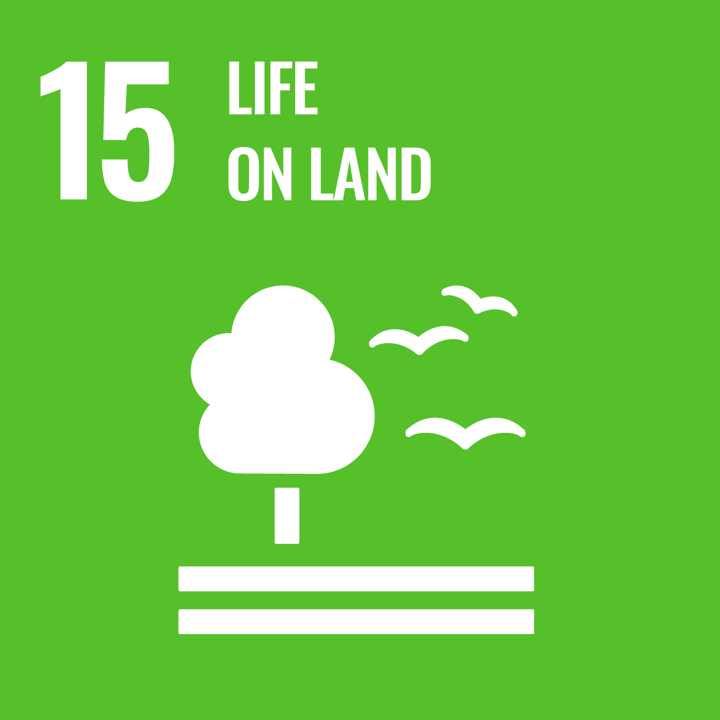
Utilizador final previsto: Professor, diretor de escola, formador de professores
Grupo etário: Primário inferior; Primário superior; Secundário inferior; Secundário superior
Currículo escolar: Maths; Science; Social, Social & Environment Science; Applied Science
Temas e tópicos: Energy Use and Production; Behaviour & Lifestyle; Environmental Change; Food and Agriculture; Information & Knowledge
Duração: 50 minutes classes x 5
Tipo de recurso: Case Study, Game, Guidelines & Notes, Audio/Video, Lesson Plans, Online Tool, App/Software
Palavras-chave: Biodiversity, Reforestation, Food Systems, Forest Habitats, Virtual Field Trip
Línguas: Inglês
Descrição
Through the material in this guide, students will explore responsible forest management while learning about key science concepts related to ecosystems and environmental sustainability. They will examine the factors that create and maintain a healthy forest, including biodiversity, nutrient cycling, and ecological interactions. Additionally, students will discuss the detrimental effects of deforestation and other human activities on forest ecosystems, gaining insights into conservation and environmental stewardship.
O recurso parte de uma visita de estudo virtual sobre a importância da gestão florestal, passando por uma série de lições e actividades até uma abordagem de aprendizagem baseada em projectos em que os alunos fazem os seus próprios dioramas florestais.
This Virtual Field Trip with supporting lesson plans and teaching resource are developed by Nature Conservancy’s Nature Lab. This resource is one in a range of virtual field trips and supporting resources developed by Nature Conservancy and available on the Nature Lab Virtual Field Trips website. Other virtual fields trip reources include ‘Ocean Justice and Youth Advocacy’, ‘Less Harm on the Farm: Regenerative Agriculture’ and ‘Changing Climate, Changing Cities’.
Como utilizar este recurso
The resource builds on the knowledge of students with new perspectives on the importance of trees and forests. The virtual tour is accompanied with questions to promote groups discussions and a Kahoot game to assess for learning. This extends to the school campus and becoming more familiar with the trees around them.
For schools with limited resources and ability to travel for field trips, the virtual field trip offers teachers the ability to overcome barriers of time and distance to bring new learning opportunities to students. This virtual field trip, along with the range of others offered by Nature Lab, allow students to learn from experts in the field and view the challenges of forest management from a range of perspectives. The virtual field trip is supported with additional online resources, games, activities and lesson plans.
This virtual field trip resource pack for teachers must be synthesised by teachers to their own national curricula and local context to be most relevant and impactful for students. Teacher should be facilitated in building upon the resources provided with localised information and data on forest management and biodiversity. This process will then illuminate opportunities for interdisciplinary cooperation with other teachers and learning ecology.
This virtual field trip resource pack for teachers must be synthesised by teachers to their own national curricula and local context to be most relevant and impactful for students. Teacher should be facilitated in building upon the resources provided with localised information and data on forest management and biodiversity.
Os recursos
TEACHER’S GUIDE PDF:
The Working with Trees Virtual Field Trip can be accessed here on the Nature Conservancy Nature Lab website:
The Teachers’ Guide to Responsible Forest Management: How can we keep our forests healthy? Is available here:
Resultados da aprendizagem
- Obter conhecimentos prévios e aprofundar o conhecimento e a compreensão dos conceitos-chave da Cidadania para a Sustentabilidade, desafiando as visões do mundo e os valores estabelecidos.
- Aplicar uma série de ferramentas e quadros adequados para promover a Cidadania para a Sustentabilidade dos estudantes
- Refletir sobre a prática e examinar os programas curriculares nacionais para identificar oportunidades de promover a Cidadania para a Sustentabilidade de forma interdisciplinar e envolver as partes interessadas externas.
- Sintetizar de forma colaborativa os conhecimentos, as ferramentas e os quadros para criar materiais didácticos e planos de aulas adaptados ao seu próprio contexto local.
Competências verdes
- Incorporar valores sustentáveis: Valorizar a sustentabilidade; apoiar a equidade; promover a natureza
- Abraçar a complexidade na sustentabilidade: Pensamento sistémico; Pensamento crítico; Enquadramento de problemas
- Perspectivas de futuros sustentáveis: Literacia do futuro; Pensamento exploratório
- Agir em prol da sustentabilidade: Ação colectiva
Creative Commons

Este recurso foi desenvolvido pelo Nature Lab, a plataforma curricular para jovens da The Nature Conservancy. É partilhado no Portal Synapses Teacher Academy com a gentil autorização da Nature Conservancy.
ODS





